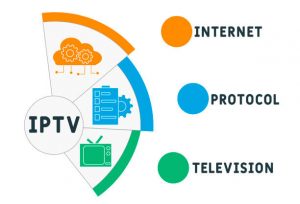So have you heard of iptv and questioned what legally is cooking here? Imagine this: You come upon an IPTV treasure box full with never-ending entertainment choices. Movies, live sports, TV shows, anything you can possibly want right at your hands. Understanding the legal side of IPTV may be somewhat difficult, though, just like every treasure comes with a map full of hazards. Let’s blaze into those muddy seas, then.

First of all, IPTV—also known as Internet Protocol Television—is more like that hip cousin who always has the newest devices, even if it is basically the cousin to conventional broadcast technologies like cable and satellite. IPTV brings your preferred television and movies via the internet instead of unwanted cables. Not all of it, though, is sunshine and rainbow. IPTV’s legality is not a straightforward black-and- white issue; it has more gradients than a stormy sky.
Let us now discuss legality in shop terms. Content licensing determines mostly IPTV legality. Legally, a provider is basically walking on unstable ground if they lack the required permits to transmit particular content. Imagine throwing a party and turning on music without purchasing the track—ouch! Although many legal IPTV companies—including Netflix, Hulu, and others that follow the rules—also exist—quite a few do not carry that legal insignia. Though they may simply find you in hot water legally, these rogue services typically entice you with attractive packages and brilliant choices.
How therefore can one enjoy IPTV and stay on the straight and narrow? First rule: stay with reputable services. A transaction feels fishier than a beach pier most likely is. Apart from avoiding dubious services, knowledge of local legislation also helps. Countries all across see IPTV legally in different ways. While places like the US have tight policies, others could be more forgiving. Legal mess is what it is.